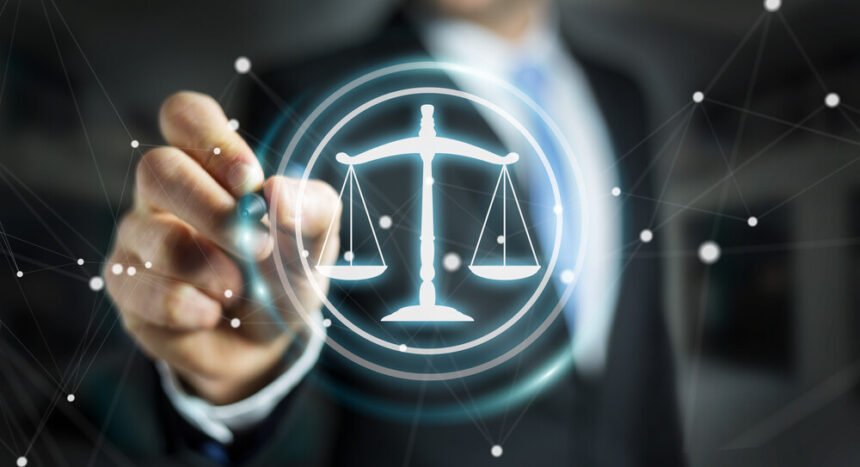Big data is rewriting the playbook for the criminal justice system. Oxford Research Encyclopedias has talked about some of the ways that criminal justice professionals are utilizing big data. Two significant applications really stand out the most:
- Big data is used extensively in criminal justice research. The majority of modern studies on criminal justice topics rely heavily on data analysis.
- Frontline criminal justice professionals frequently use big data to assess crime trends and develop better law-enforcement strategies.
There is no dispute about the significant impact that big data is having on the criminal justice system. However, some experts have recent concerns that big data could be creating certain challenges that are overlooked by their colleagues.
Big data creates clear benefits for law enforcement
Some of the implications of big data for the criminal justice system are a bit ambiguous. However, some of the changes are very clearly positive.
One of the biggest advantages of big data is that it makes it easier to retain important evidence. In 2019, a large number of crimes are solved and prosecuted with video evidence. Video cameras are placed on countless streets all over the world. This is not a new phenomenon.
However, in the past, many organizations could not afford to keep lots of analog tapes. It was costly to do so, so they either stopped running their video cameras and just use them as a deterrent or wrote over the tapes after 24 hours.
This is a problem that has been solved with advances in big data. Even digital cameras required discs with high storage requirements, which got expensive. Advances in big data have made it a lot cheaper to store video files. This makes it a lot easier for law-enforcement officials to keep video evidence that is used in criminal investigations. Lawyers also appreciate that it is easier to keep records of videos, as long as they can be authenticated and support their respective case.
Another benefit of big data is that it makes it easier to keep track of conversations, both online and off-line. This is especially true with social media. A lot of criminals use social media to coordinate discussions with their co-conspirators. Social media data is also good for helping law-enforcement find links between victims and perpetrators.
Big data can also be used to influence public policy better, such as helping us understand the War on Drugs. According to one expert, big data can help us see why we might need to rethink the charges for supplying an illegal drug in Australia and other jurisdictions.
What are the risks of depending too much on big data in the criminal justice system?
Although there are a number of clear benefits of big data in the criminal justice system, there are also some important concerns. The Guardian highlighted some of these issues in this article. The authors astutely pointed out:
?When they determine the course of the criminal justice system, they could do immense damage. Because machine learning can only detect patterns in the data that it is given, any bias in the original sample will only be amplified. So if past practice has been to discriminate against women or minorities, any algorithm fed on previous experience will continue this pattern, but this time with the apparent authority of science behind it. And because modern machine learning techniques are opaque, even to their programmers, a computer cannot easily be made to testify about its own reasoning in the way that police officers can ? in theory ? be tested by judges or politicians.”
There are a few concerns about the use of big data when it comes to storing objective evidence. The biggest problem is when big data is used for profiling and developing crime forecasting tools with predictive analytics.
One of the biggest concerns is that the criminal justice system has its own bias. People of color and men are more likely to be discriminated against. This means that predictive analytics algorithms that use historical data will likely look for the wrong potential offenders. This could exacerbate existing discrimination in the justice system.
Another concern is that advances in artificial intelligence could lead to false evidence being introduced. Deepfake videos made with artificial intelligence are some of the biggest threats to criminal justice professionals. This might lead to the wrong people being accused and judges being less inclined to allow video evidence to be introduced in court, since it could be more difficult to authenticate.
Big Data is a Great Development for the Justice System ? But it isn?t Entirely Positive
At the end of the day, big data is a useful tool for investigators. However, as with any technology, criminal justice professionals need to be careful not to over estimate its value.

